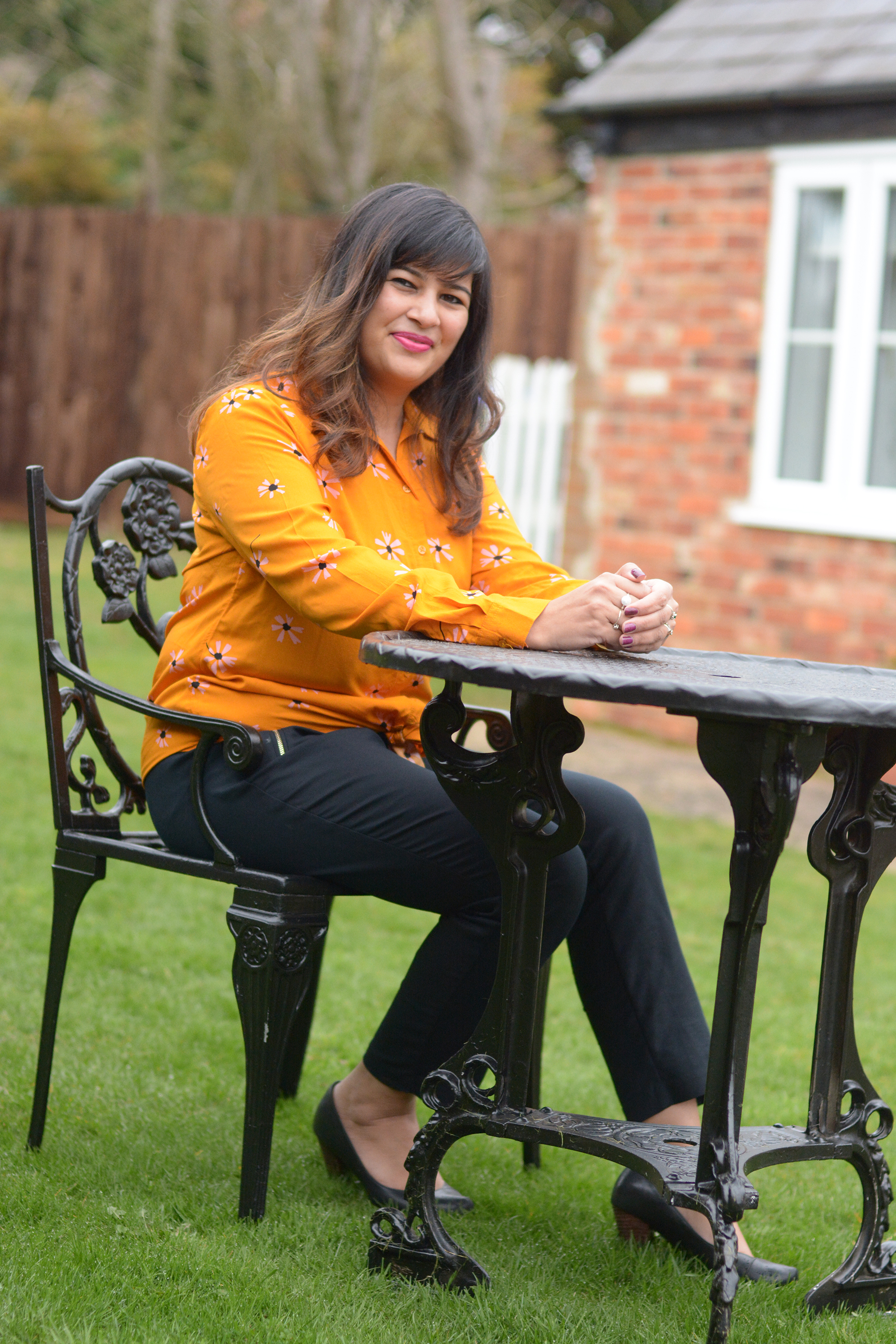Commonly known as alphabetising your books or CD’s, deep cleaning the kitchen, doing both the clothes washing and hand washing and all the ironing in the house to put off the task at hand.
The fact that we find any other task to put off what we really need to do says a lot… Procrastination doesn’t come from a place of idleness or laziness, we also know when we are procrastinating. That little thought in the back of your mind that lingers, or that small knot in your stomach that reminds you that you really, really need to get on with that report or piece of work for a client.
I know I am super guilty of this at times but the question is why do we procrastinate?
If we know that we have to complete a task, if we know it’s not going to go away, and we know that putting it off is only going to make us feel worse and possibly come with consequences, then why do we do it.
A study by Dr. Pychyl and Dr. Sirois found that procrastination is in essence down to our mood, and our want to avoid negative consequences in the short term. They argued: “that procrastination occurs when we give in to feel good”. Our want to avoid negative feelings such as frustration, boredom or stress mean that we put off the task for short term gain, even if that has long term consequences.
Those negative feelings can stem from lack of knowledge on how to do a particular task, from not knowing where to start to not having enough passion or drive as to why we need to complete the task in the first place.
So how can we stop procrastinating?
Simply, we have to change the way that we think about things. Yep, it’s all about mindset! Yes the ironing pile may not necessarily instigate a burning passion but think of the Netflix you can watch during it or finally having neat shirts to wear every day of the week instead of the usual morning quick iron chaos.
Our brains perceive that each time we put off the task as a positive, a small reward that doesn’t take into account the future negative feelings. So, if we want to change the way that we see tasks we need to approach them differently
Set small goals
Maybe completing the task seems like a big job, if you break down the task into smaller more achievable milestone it seems less daunting.
Reward your achievements
Following on from the above point, reward yourself each time you hit a milestone. Whether that be making a phone call, doing some research or dealing with a tricky problem. Acknowledge that you made that step and that you accomplished that goal.
Forgive yourself
Research from the same study found that individuals that were able to not only accept they procrastinate but forgive themselves for it, were must less likely to procrastinate in the future. So, if you find yourself reaching for the washing basket, take a moment to accept what you’re doing, and then get back to the task at hand.
Reach for the timer
One method to help you focus is to chunk your work. The pomodoro method recommends working in 20 minute bite size chunks and splitting your day into sections. This is a great way to achieve smaller goals or to really focus on what you are doing.
Start with toughest tasks first
Rate your tasks in order of trickiness (though don’t spend too much time on that part!). Then, instead of going for the easiest first, pick the one that you’re not looking forward to tackling. The boost that you will get from completing the task will set you up for the day and help you to get in the zone for the other things that you need to do.
Acknowledge your achievements at the end of the day. Take a moment to note down or consider all that you have achieved, and reward yourself for that. Often you will have achieved more than you think.
Replacing negative mindsets can be tricky however, new habits can be formed and bad habit replaced with time and practice. So the next time you have a project coming up and you’re wondering what to reorder, take a moment to think about the problem and reset.
If you have any other tips for procrastination I’d love to know, share them in the comments below or tweet @Sheena__shah


